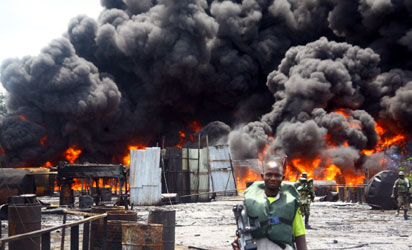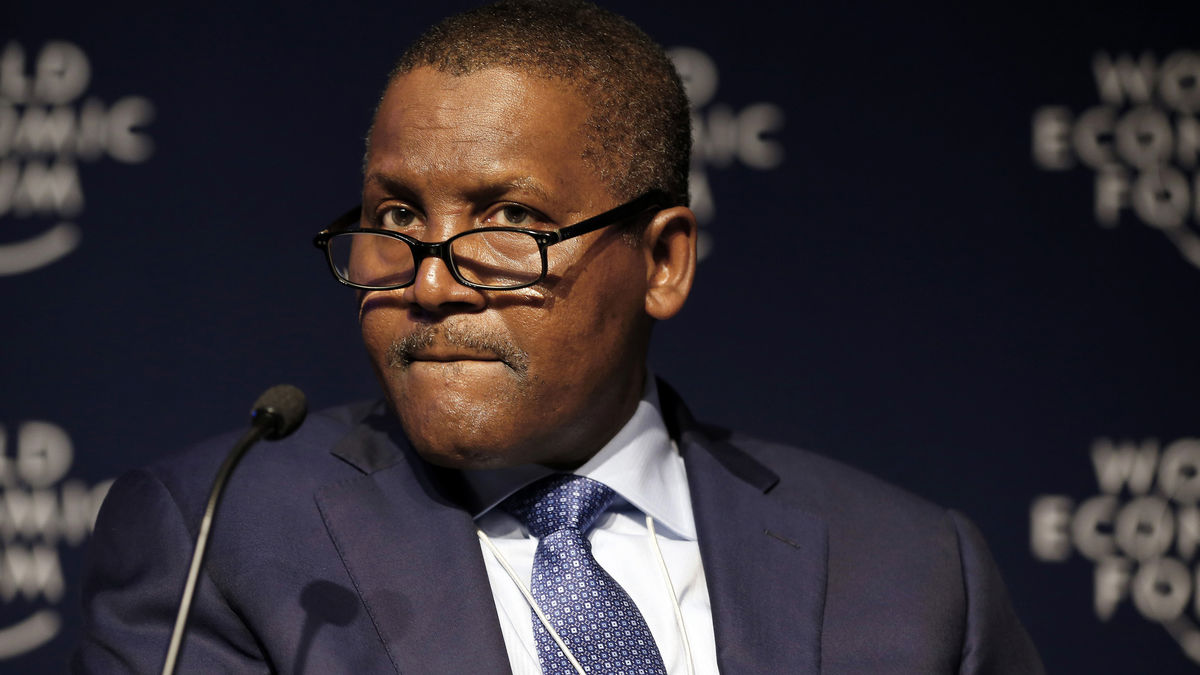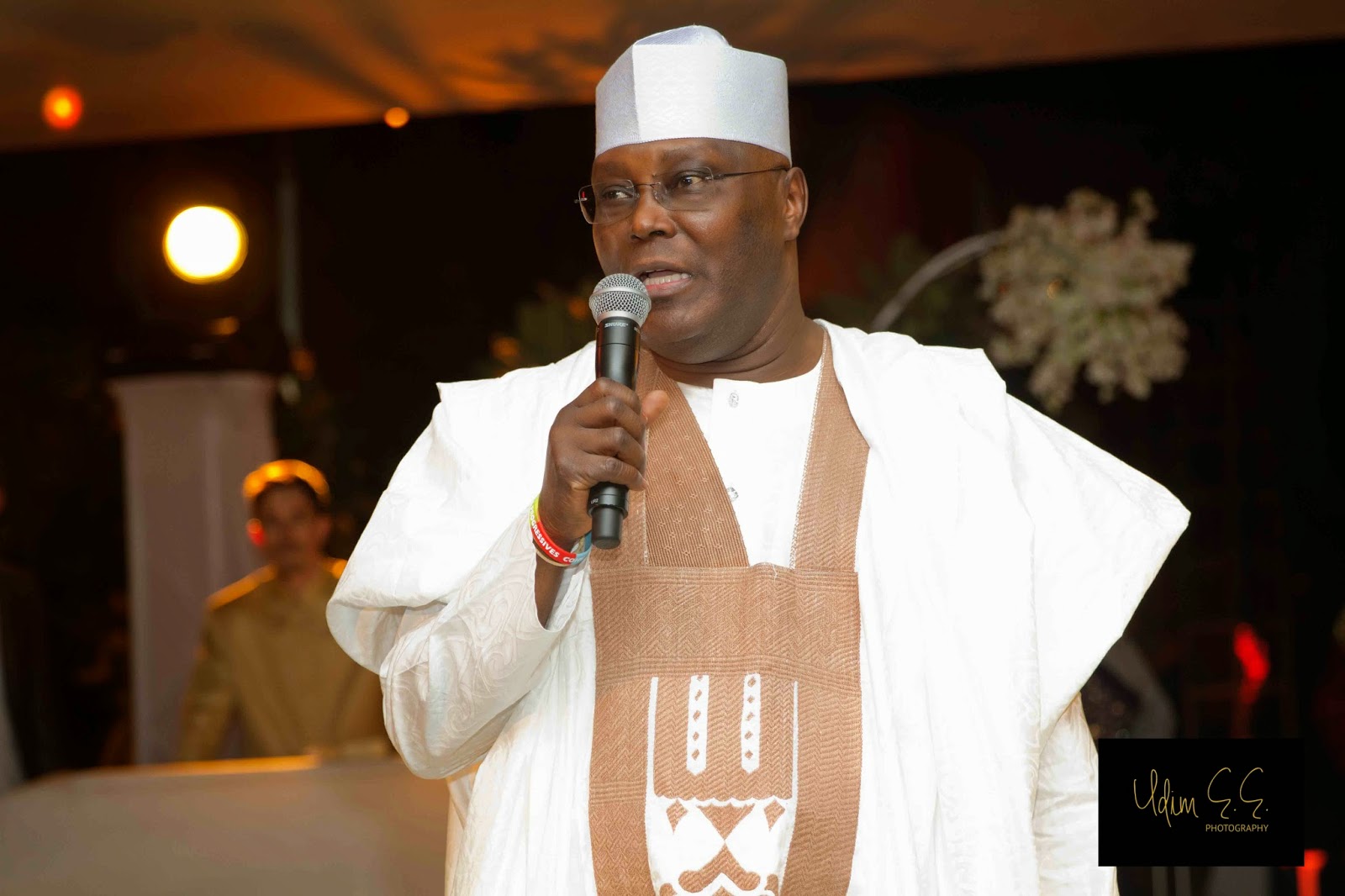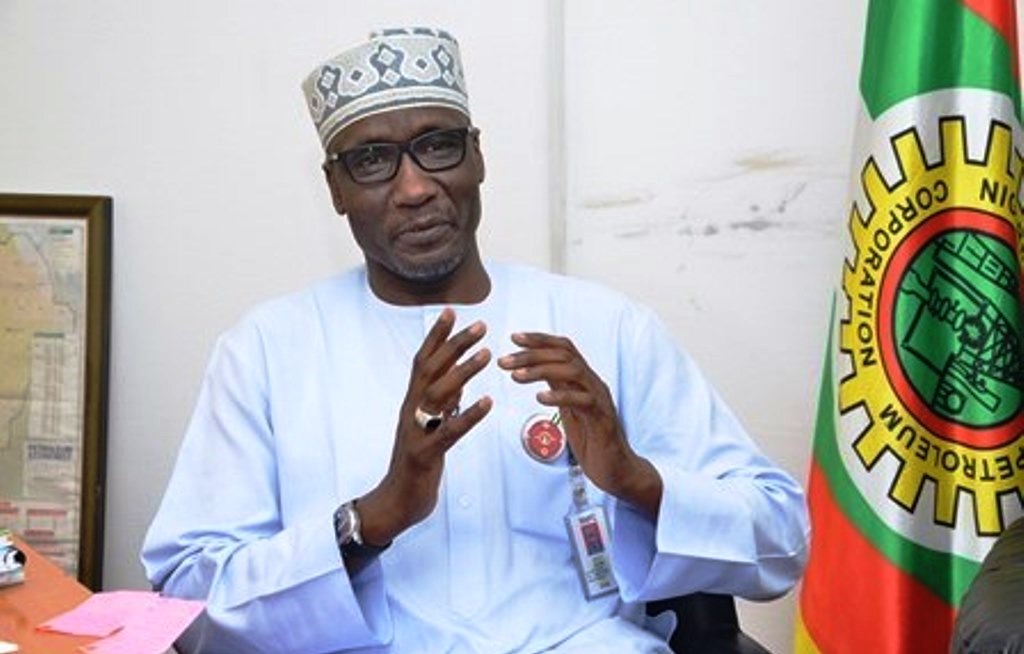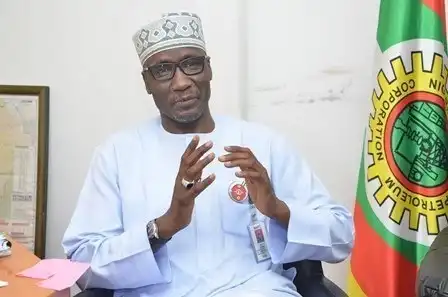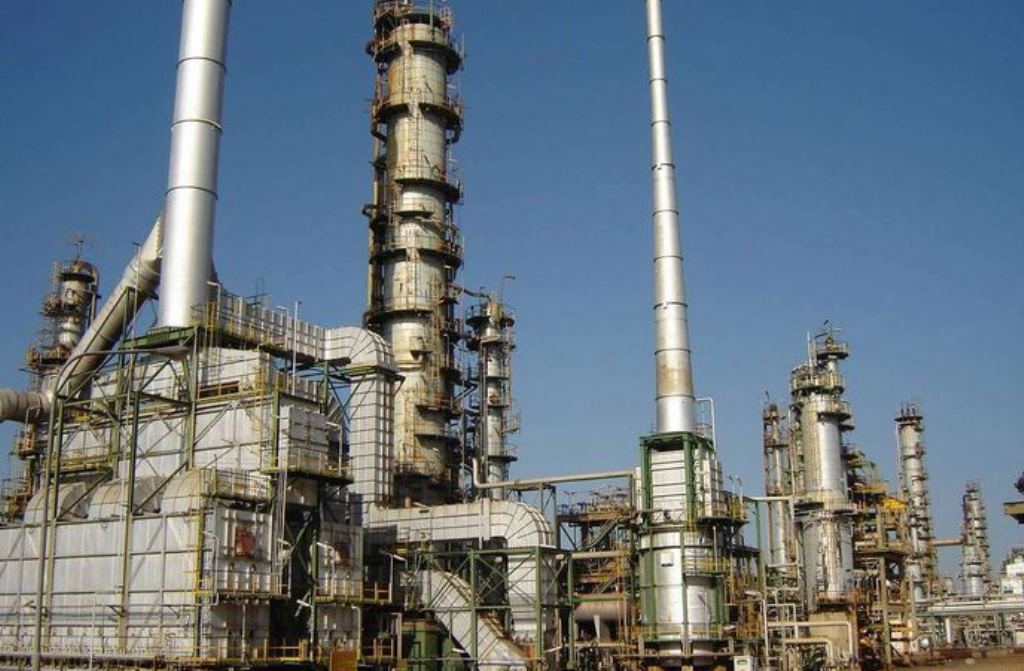Gentlemen of the press, I welcome you all to this briefing to discuss with you issues pertaining to the welfare of the Urhobo People in the context of the progress of Nigeria.
First, however, let me introduce to you the Urhobo Nation and its principal cultural agency, Urhobo Progress Union, which I currently head as President-General.
Founded in 1931 to meet the development needs of the Urhobo people, who represent the fourth (4th) largest ethnic nationality of our country, Urhobo Progress Union is arguably the oldest socio-cultural organization in Nigeria. UPU has spearheaded the campaign for the progress of the Urhobo people from British Colonial Times to the present time, including the founding of the famous Urhobo College, Effurun, in 1948. That campaign for progress has continued to the present time as my administration of the UPU strives to build an Urhobo University and introduce a micro-finance bank into Urhoboland.
We are aware that there are aspects of the welfare needs of the Nigerian People that can only be handled by Constitutional changes. However, we are equally aware that the President of Nigeria is empowered by the Constitution to make necessary changes and introduce policies for the welfare and good governance of our beloved Country. It is in the context of that awareness that we address the following issues to your attention in respect of the Urhobo people:
1. Restructuring of Nigeria
There has been a great deal of discussions and contributions by various Nigerian Communities to the need to restructure our constitutional form of governance. What the Urhobo Nation, like the rest of the South South is asking for is restructuring, politically and economically to have a true federation. I stand with PANDEF on the implementation of the 16 point demand of the Niger Delta people, which was presented to President Buhari in 2016. Wealsotold President Buharithis muchwhen he granted audience to the Urhobo Progress Union and Urhobo Traditional Rulers last month. The Urhobo people have on their own prepared a paper titled “Urhobo Positon on Restructuring Nigeria” on this subject. We attach it to this address.
Meanwhile, we urge the Federal Government to honour the principle of Federal Character, which respects the unique needs of Nigerian Peoples. We fear that the principle of federal character has not been fairly applied to the Urhobo people. For instance, we think it is wholly unfair that in the Government of more than 30 Ministers there is not a single Urhobo appointee as a Minister – despite the fact that Urhobo must be counted as one of the principal ethnic nationalities of Nigeria, in terms of its contributions in scholarship, commerce, industry, sports and entertainment. We believe we have excellent candidates who will serve faithfully and competently in the Government as Ministers. We urge the government to consider this matter urgently.
2. Oil Industry
There is little doubt whatsoever that Urhoboland has been one of the major contributors to Nigeria’s oil wealth. Urhobo is the largest onshore producer of Oil and Gas in the Nation. Despite that fact, it is distressing that no Urhobo person owns a marginal field, or has been appointed into the Board of NNPC. We ask the President to use his good offices in appointing an Urhobo man to the Board of NNPC, as well as allocating marginal fields to competent Urhobo oil businessmen.
3. Federal University of Petroleum Resources (FUPRE)
We believe that the establishment of FUPRE in Uvwie in Urhoboland is a wise venture. It is the only Petroleum University in the whole of Africa. We thank the Federal Government of Nigeria for locating it in our land.
However, this institution is facingfundingproblems that only theFederal Government can resolve. The underfunding of FUPRE is crippling the development of the University. We strongly urge His Excellency to quickly intervene in this matter so that this vital institution will rise to its mission. Any considerations for including the financial needs of FUPRE in a Supplementary Budget will be most welcome and appreciated by the Urhobo people. This issue was raised with the President during our courtesy visit to the Villa, last month.
4. Representation in the Federal House of Representatives
We wish to bring to the attention of the President the disturbing fact that Urhobo is under-represented at the Federal House of Representatives. In comparison with other Constituencies in Eastern and Western Niger Delta, Urhobo’s representation by three members is unfair. In terms of population per constituency, Urhobo should be represented by not less than six members of the House of Representatives.
We understand that the President cannot change this by himself; but we urge that the President should take this imbalance into account in addressing the ills against the Urhobo Nation, and in allocating resources.
5. Proposed Riverine Bill
Urhobo Progress Union understands that there is a Riverine Bill that is being consideredintheParliament. Wewish toemphasiseto thePresident that manyNiger Delta Rivers flow through Urhoboland into the Atlantic Ocean. Any riverine policies on Nigeria’s Upland Rivers will ultimately affect the well-being of our people.
We, therefore, ask that our leaders should be closely consulted on any bill that will affect the waterways flowing through Urhoboland. We ask that the President and Parliament should note our interest in this matter.
6. Unused Military Lands in Urhoboland
Urhobo people have been generous in allocating lands for use by the Nigeria Armed Forces, particularly in Uvwie Okpe and Oghara Kingdoms. A good amount of lands that were so allocated have not been used by the Armed Forces.We understand that in many instances parcels of lands allocated for use of the Armed Forces have now been converted for private and commercial use.
Urhobo Progress Union believes that this is wrong practice. We urge thatany unused land should be returned to the Community which donated it to the Armed Forces. We await the immediate intervention of the President in this matter; as he promised us last month, at the Villa visit.
7. Herdsmen Menace
This thorny issue of herdsmen’s cattle grazing on farmlands – especially in Uwheru, Avwraka (Abraka), Ughelli and Eku Communities; has become a matter of major concern to Urhobo Progress Union and Urhobo Leadership, in large part because it has resulted in many instances of the killing of innocent farmers. This is of course a broader problem affectingmany communities inSouthern Nigeria. SomeStates have enacted their own Legislation against uncontrolled grazing in farmlands.
While it is true that the livelihood of the herdsmen should be a factorto be considered by theFederalGovernment, wewish to makeit clear that thelivelihoodof our farmers are now under threat from this uncontrolled grazing that has involved the deliberate killings of farmers who have done nothing wrong but to go to their farms. We believe that it is the obligation of the Federal Government to protect farmers who ply their livelihood in their farms from armed killers, whether they are from inside or outside Nigeria. In the long run, uncontrolled grazing in farmlands is unsustainable. We urge the Federal Government to find a solution to this problem.
Meanwhile, as a matter of urgency, we ask that these Urhobo farmers and their farmlands should be protected from the ravages of uncontrolled grazing and its associated violence. As a consequence, in many of these Urhobo communities,
villagers now live in hunger, fear and total intimidation — leading to unnecessary food crisis.
8. UPU TAKE ON THE PROPOSED REFINERY IN KATSINA
I do not grudge the president or the government for proposing a refinery in Katsina or any other place forthat matter. Butthe Urhobo Nation wants the Refinery in Ekpan to function optimally. We also want modular refineries to come on stream in Urhobo land. We want the gas plant and other companies located in Urhobo and environs to function to improve the local economy. Also, other existing refineries should be made to function optimally before government thinks of building new ones. But ideally, I feel the government should such huge projects to the private sector and only act as an enabler, especially in this era of privatization and private sector-driven economy.
9. THE LOCK DOWN OF LAGOS
During our visit to the president, we requested for the Nigerian Navy to surrender nine-tenth of the Sapele Port, which is currently idle for commercial activities. The Sapele Port was handed over to the Nigerian Navy some time ago, it is currently using only 10 percent of the Port. If the Sapele, Warri and Koko are made functional, the pressure on Lagos ports will be less. The economy of Delta State will also be boosted with employment being generated for thousands of our people. The chain impact will be much.
Finally, we do want to subscribe to the President’s higher principles of governance that involve fighting corruption and terrorism in our Country. Both of these vices eat up the fabric of public morality and eventually weaken a nation’s capability to survive major crises in its history.
We understand that the business of government is hard. We pledge that the Urhobo people and their cultural agency, Urhobo Progress Union, will assist any government of Nigeria that upholds the higher these principles. We pray that God will protect the country.
Long Live the Federal Republic of Nigeria! Long Live Urhobo Progress Union!!
OLOROGUN (DR.) MOSES OGHENERUME TAIGA, JP
President-General, Urhobo Progress Union, UPU
